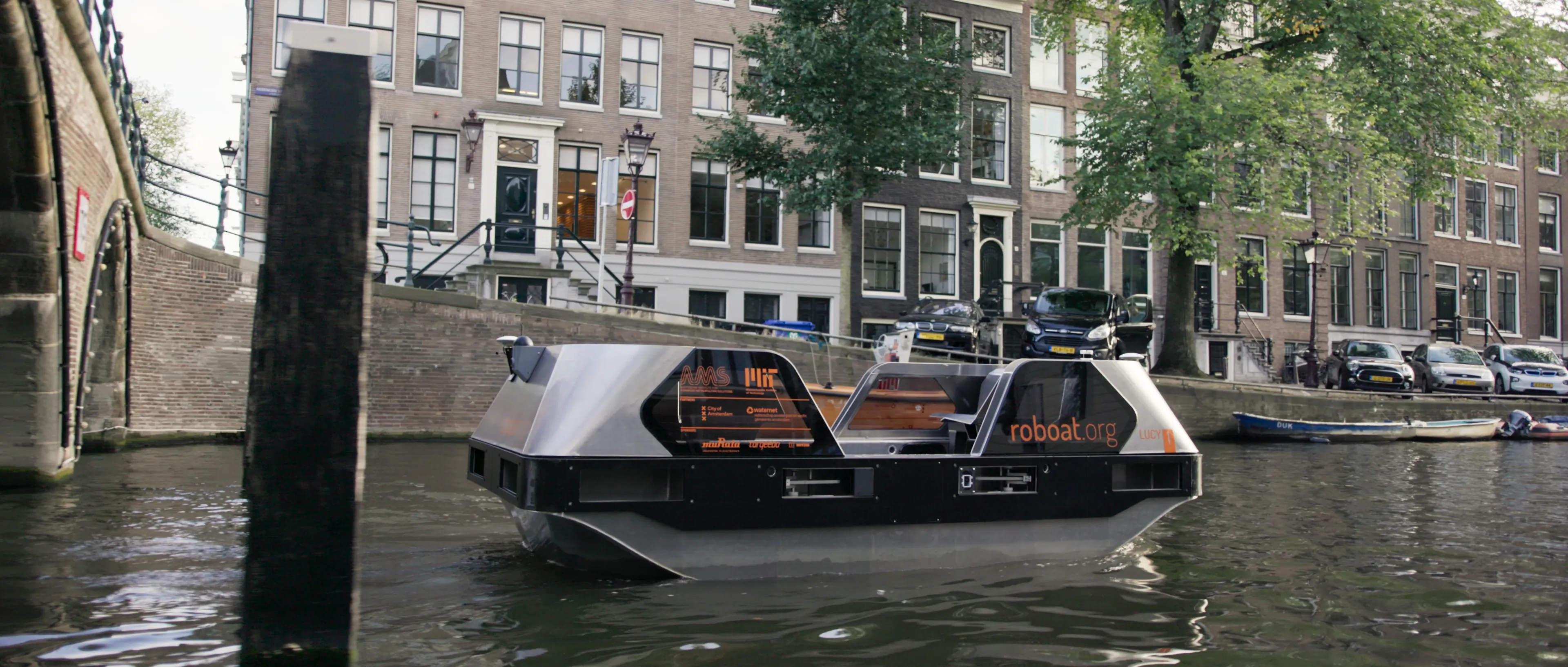ComfortDelGro is operating a free autonomous shuttle service in mixed traffic conditions at the National University of Singapore’s Kent Ridge Campus.
Yang Ban Seng, CEO at ComfortDelGro says: “This passenger service trial provides us with an opportunity to observe how passengers respond to an autonomous vehicle. The operational experience gained will also be invaluable as we prepare for a future where autonomous and artificial intelligence becomes an integral part of our daily commute.”
ComfortDelGro says the shuttle’s sensors detect potential obstacles while internal hardware and software technologies allow it to navigate without assistance from external infrastructure.
The vehicle - an EasyMile EZ10 shuttle - runs on electricity and can carry up to 12 people. Operating along a 1.6km route, the shuttle will start at the Innovation 4.0 Building and travel between Heng Mui Keng Terrace and Business Link.
It has an in-built ramp to accommodate passengers in wheelchairs and reduced mobility. A safety operator will be on board to answer questions.
Initially, the shuttle will operate from Mondays to Fridays at 20-minute intervals between 10.20am and 11.20am as well as between 2.20pm and 3.20pm.
ComfortDelGro operates autonomous shuttle at Singapore University
ComfortDelGro is operating a free autonomous shuttle service in mixed traffic conditions at the National University of Singapore’s Kent Ridge Campus.
Yang Ban Seng, CEO at ComfortDelGro says: “This passenger service trial provides us with an opportunity to observe how passengers respond to an autonomous vehicle. The operational experience gained will also be invaluable as we prepare for a future where autonomous and artificial intelligence becomes an integral part of our daily commute.”
ComfortDelGro says
August 15, 2019
Read time: 2 mins










